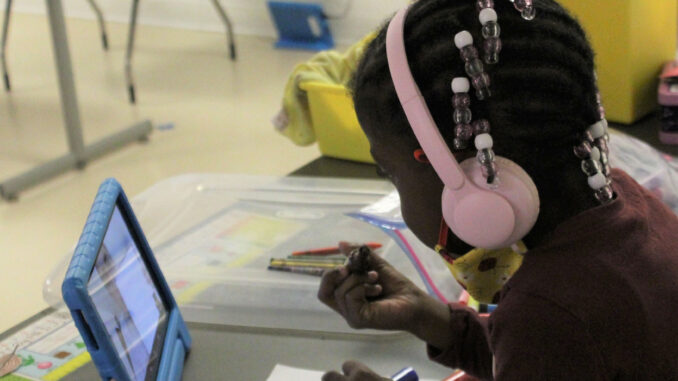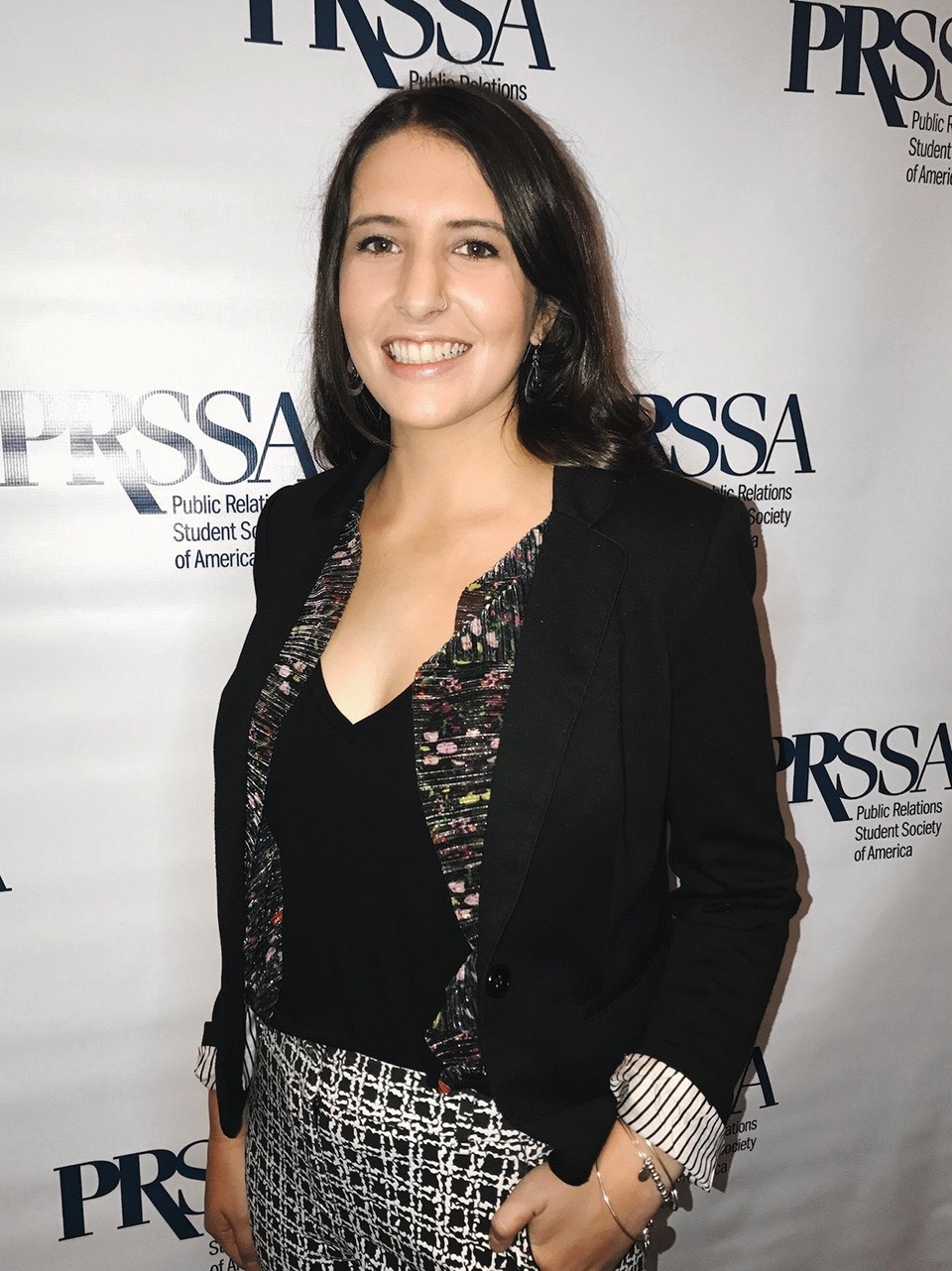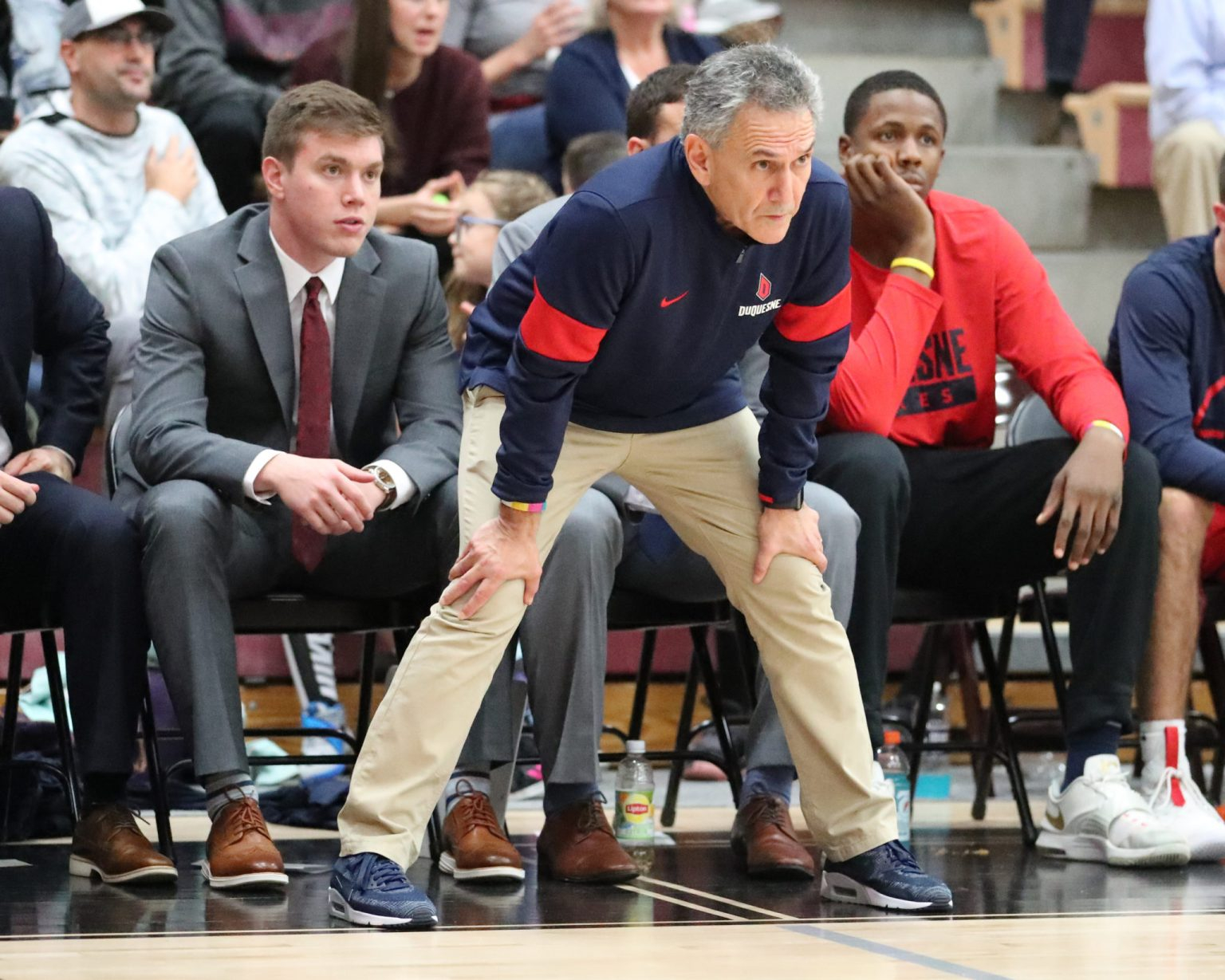
Kellen Stepler | editor-in-chief
10/15/2020

Employees at Duquesne’s Writing Center are working with students in the Hill District to mentor them and improve their writing skills.
Duquesne’s University Writing Center is still working to improve students’ writing — this time, it’s just that the students are 15 years younger.
In a new initiative, the University Writing Center has partnered with the Center for Community Engaged Teaching and Research (CETR) and the English department to offer writing instruction, tutoring and workshops with ACH Clear Pathways, an arts non-profit located in the Hill District.
Five Duquesne students work as consultants and interns and have already engaged in virtual sessions with students in the Smile Cohort, an after-school program for kids ages 5-8. They meet Monday through Friday in the afternoon as part of the cohort’s after-school programming.
“At their age, they’re growing writers,” said Jim Purdy, director of the University Writing Center. “It’s an area we haven’t worked with, and it’s fun to see the things they are doing. Getting to work with this population is fun, and we’re taking the work of the Writing Center into the community.”
Purdy said that there are about 15-20 students in the Smile Cohort, and Duquesne students work with about three or four students per session. They work with the cohort to improve their performance in school English language arts, to tell stories and to become confident communicators.
“Our goal is to develop programming to work with students in different ACH [Clear Pathways] cohorts to develop writers,” Purdy said.
The students are creating “All About Me” creative writing books to showcase at the ACH Clear Pathways showcase in the fall, along with other literary activities, such as spoken word poetry and rap.
A project that’s been years in the making, Purdy noted that the initiative gives Duquesne students an opportunity to apply what they’re learning, and to be part of what it means to be living the Duquesne mission.
“It’s important for the community to see what Duquesne is doing,” Purdy said. “It shows how students in the Hill District and Duquesne students can benefit from each other, and shows that the work we do not only benefits Duquesne students, but also the community. They have something to offer Duquesne, as well.”
Kihei Staruch-Paikai, a senior English major and intern at the Writing Center, said that while the cohort’s age obviously sets them apart from college students, everyone has “the capacity to grow as learners and writers.”
“I learn just as much from these students as they do from me,” Staruch-Paikai said. “We shouldn’t ever underestimate the wisdom that comes from young minds.”
For Writing Center consultant and Duquesne graduate student Megan Williams, the opportunity provided her with two things that she wanted — a job, and the chance to get involved in the community.
“It’s an enjoyable job,” Williams said. “It’s providing us a really good experience that we weren’t thinking of going in. We help them with self-expression, spoken expression, literary skills and words to express yourself clearly — it’s invaluable.”
As someone who has done work in a college writing center before, Williams said that it’s unique for a writing center to branch out into the community. She said that it’s a great way to be more in touch with the community she lives in.
Staruch-Paikai noted that as Duquesne students, they are part of the Pittsburgh community and therefore, have a responsibility to care for it and nurture it.
“At Duquesne, we have the necessary resources to uplift others within the community,” Staruch-Paikai said. “It’s time that we use them. There is strength in community building, and when we band together, goals become that much more possible to achieve.”
Currently on Zoom, Staruch-Paikai noted some difficulties using the virtual platform to connect with students.
“I’ve grown accustomed to Zoom, but I believe that sessions are more meaningful in person,” Staruch-Paikai said. “With online learning platforms come technical difficulties, and I’ve sure gotten used to those too. A lag in WiFi can last for two seconds, or the entire duration of a session. It’s certainly inconvenient, especially when in the middle of an assignment. However, it’s all a part of the process.”
The virtual nature of the sessions, along with the age group of the cohort, are what Purdy calls “fun chaos.”
“They have a lot of energy, and a lot to say,” Purdy said. “It’s fun hearing their excitement.”
For Writing Center students, the new initiative shows the value of collaboration, as a real-world example and to “put theory into practice.” After the pandemic, the Community Writing Center will take over a space in the Kauffman building, near campus.
Building a rapport with the community and opening up to new perspectives is something Staruch-Paikai wouldn’t trade for anything else.
“The best part about this job is being able to work with such outstanding students,” Staruch-Paikai said. “Their creativity and ways of thinking outside of the box are inspiring. Building rapport with these students is the best feeling in the world.”



